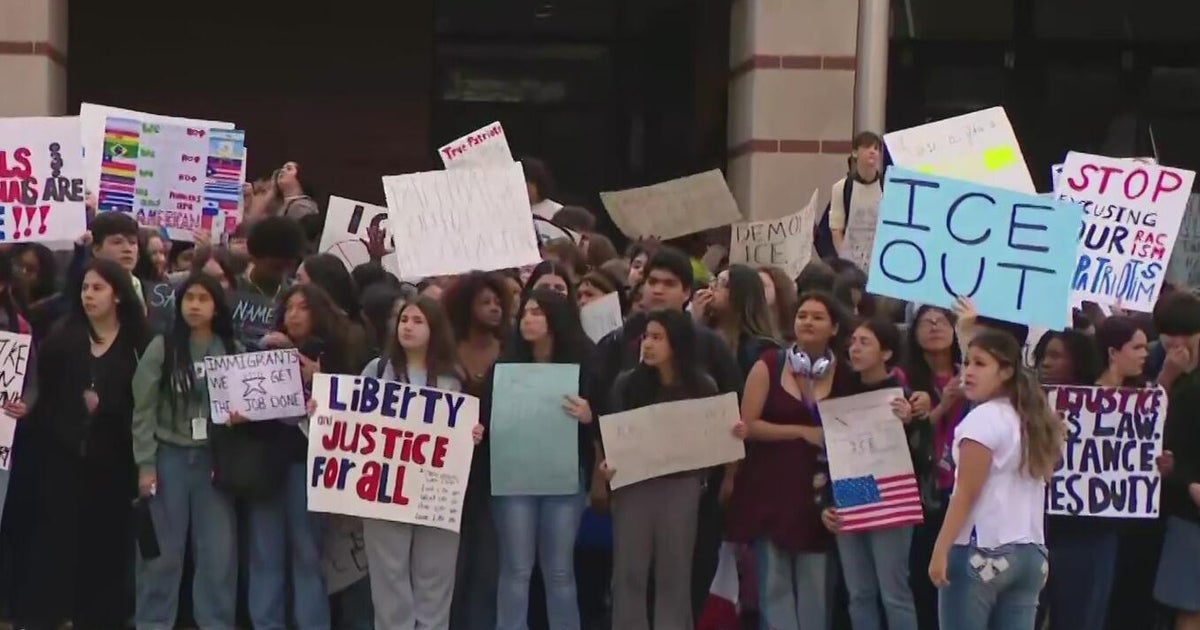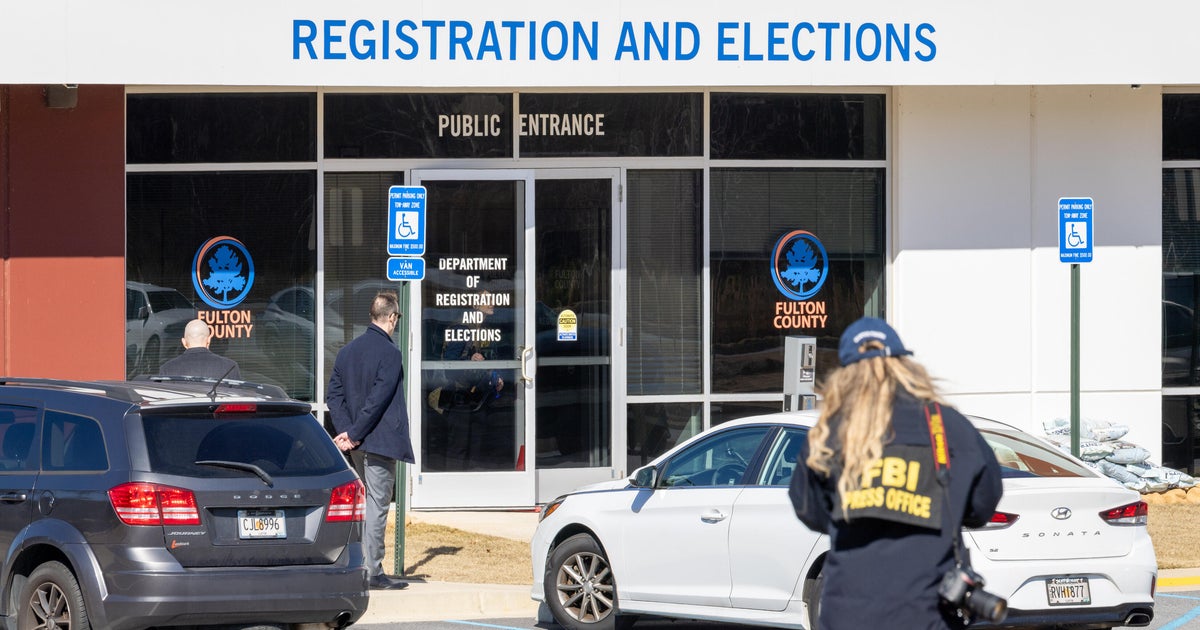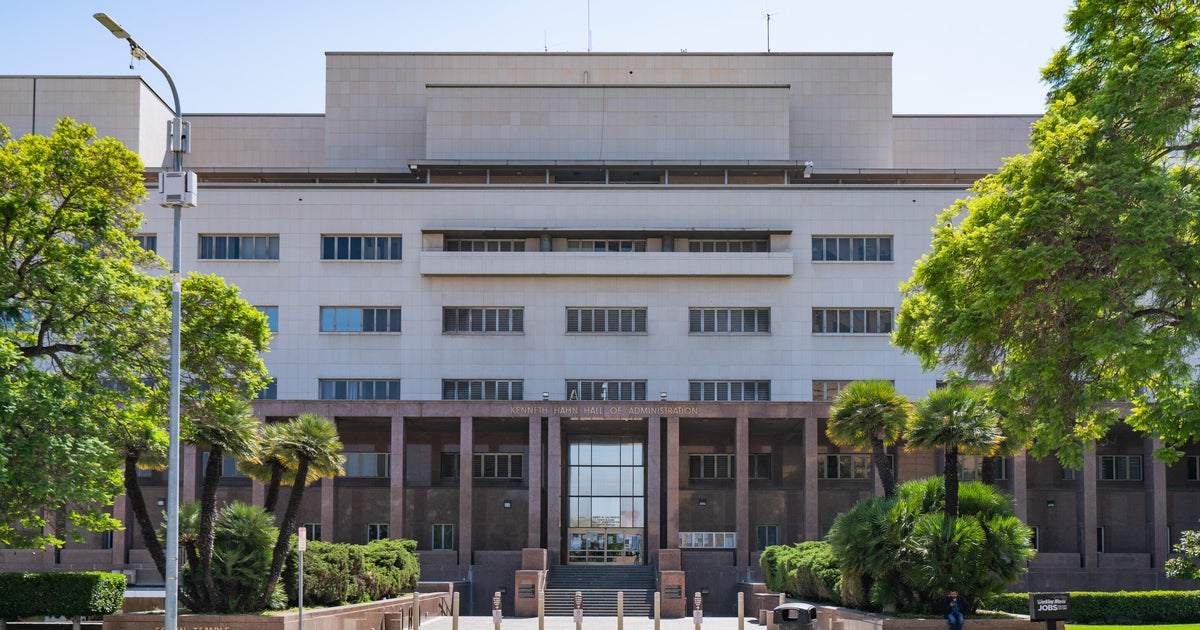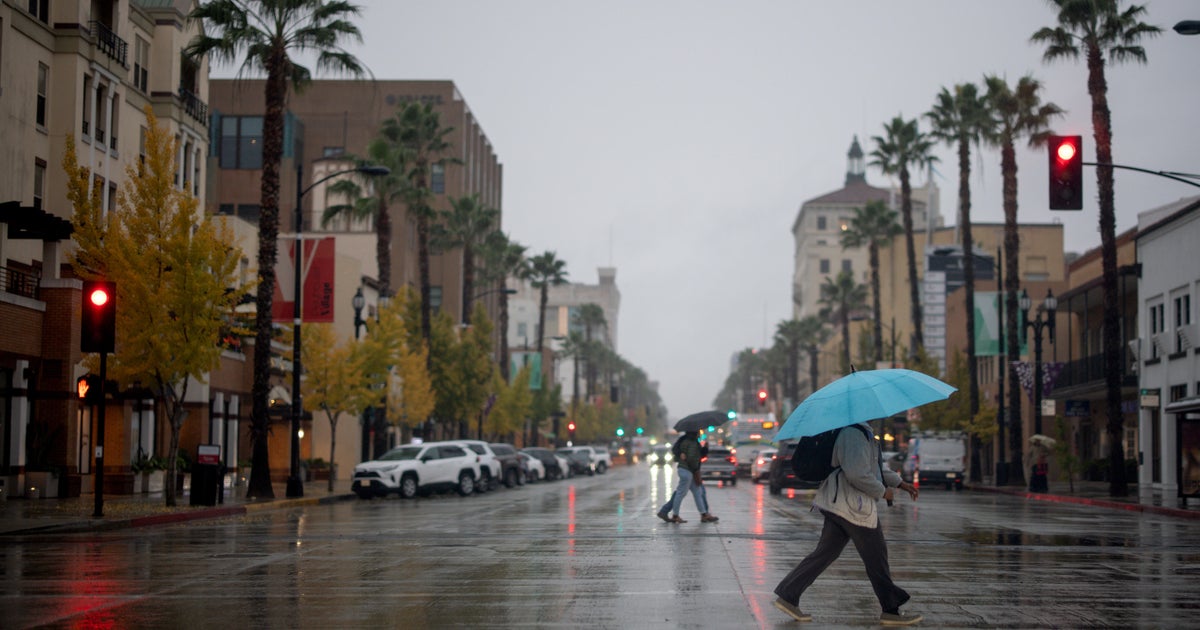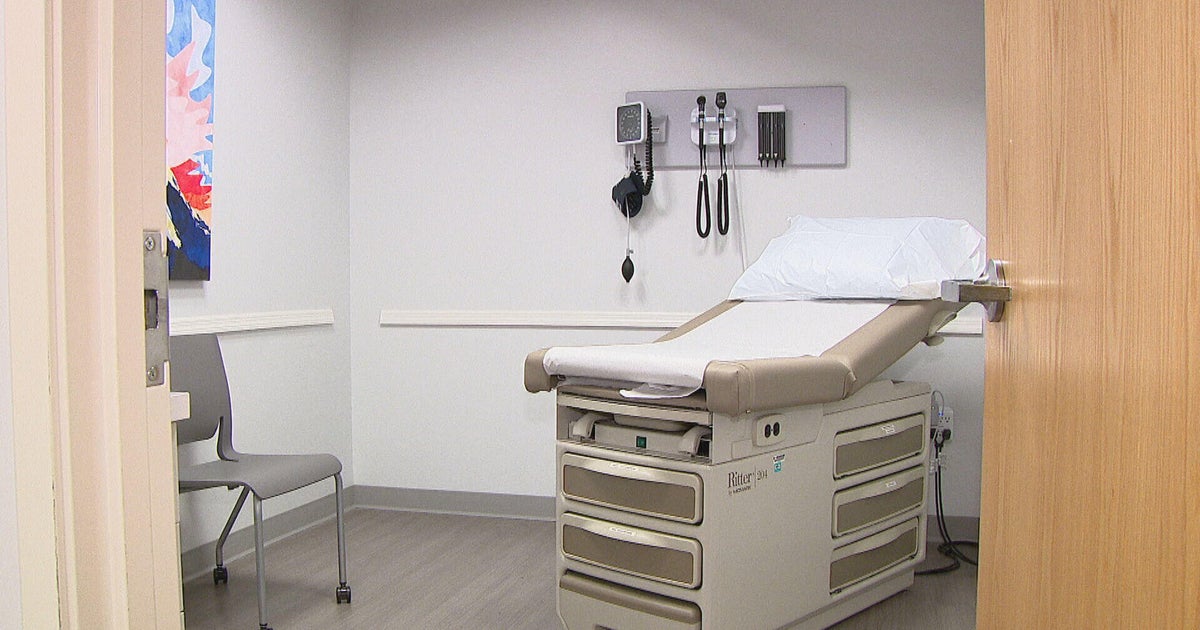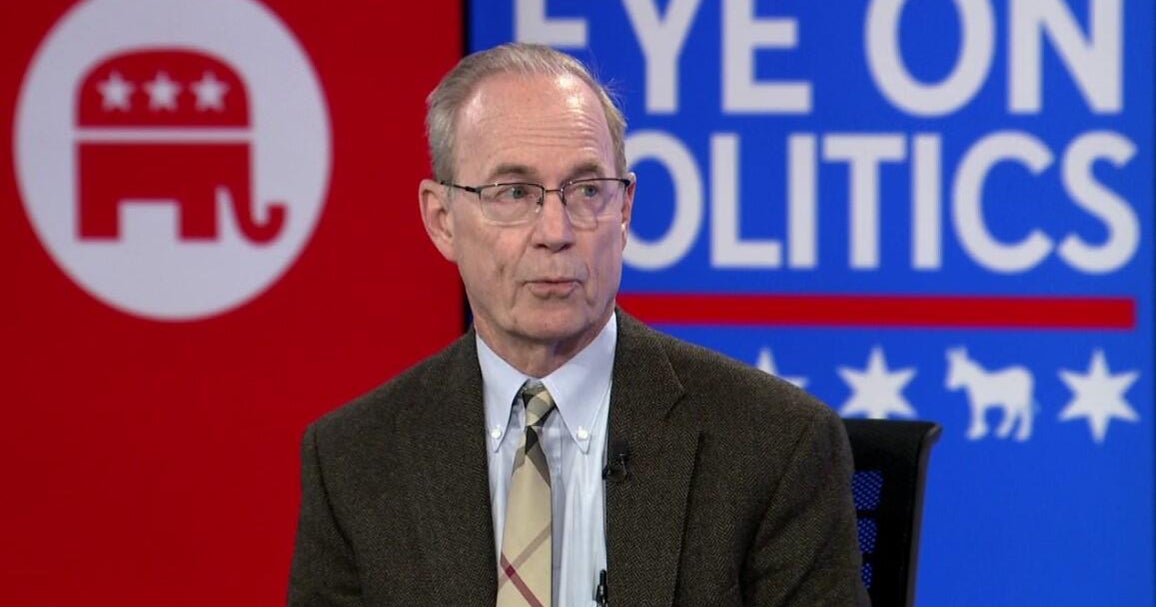Texas So Far Not Raiding $10B 'Rainy Day' Fund After Harvey
AUSTIN, Texas (AP) — Texas has the biggest emergency fund of any state in the U.S. but has not committed to using the $10 billion piggybank even as Harvey shapes up to become one of the costliest disasters in the nation's history.
Republican Gov. Greg Abbott has applauded Congress for swiftly approving $15.3 billion in disaster aid that President Donald Trump signed Friday. But Abbott has been noncommittal about using the state's rainy day fund — which now has a record balance — saying it is too early to decide whether to raid those dollars.
The wait-and-see approach is frustrating some Houston Democrats who want more urgency and spending from the state's own pockets in Texas, which takes famous pride in self-reliance. Harvey has reignited years of simmering politics in Texas over Republicans socking away billions of dollars while making budget cuts and resisting calls to use the money toward public schools and other government services.
Abbott has said the costs of Harvey could exceed more than $150 billion.
"I'm ready to throw a chair across the room," Democratic state Rep. Gene Wu said after a briefing with Abbott and other officials in Houston on Friday.
There are signs Texas will ultimately dip into the fund, but how much might be taken is unclear — and it won't be anytime soon. Republican Lt. Gov. Dan Patrick, a powerful officeholder in Texas government, said the state could spend money now on Harvey and then "likely" use the rainy day fund to repay those debts in 2019 when the Texas Legislature reconvenes.
For years, Texas Republicans have taken pride in stockpiling so much cash reserves as a badge of fiscal discipline and a necessity to maintain the state's credit rating.
"If this isn't a rainy day, I don't know what is," Patrick said.
Harvey hit Texas as a Category 4 hurricane on Aug. 25 and flooded Houston with more than 50 inches (127 centimeters) of rain. More than 70 people died and state officials have reported more than 200,000 homes have been damaged or destroyed.
The aid measure signed by Trump is just the first installment in government spending that could rival or exceed the $110 billion federal response after Hurricane Katrina in 2005, though future aid packages may be more difficult to pass. Four Texas Republicans voted against the disaster bill, among them U.S. Rep. Jeb Hensarling, who said in a statement that "another emergency" is national debt.
Abbott said earlier this week that the state must take stock of the damage and what other funding is available "before considering the necessity" of using Texas' rainy day dollars.
"You don't dip into it without knowing exactly what your needs are. So we need to first determine what your needs are," he said.
(© Copyright 2017 The Associated Press. All Rights Reserved. This material may not be published, broadcast, rewritten or redistributed.)
